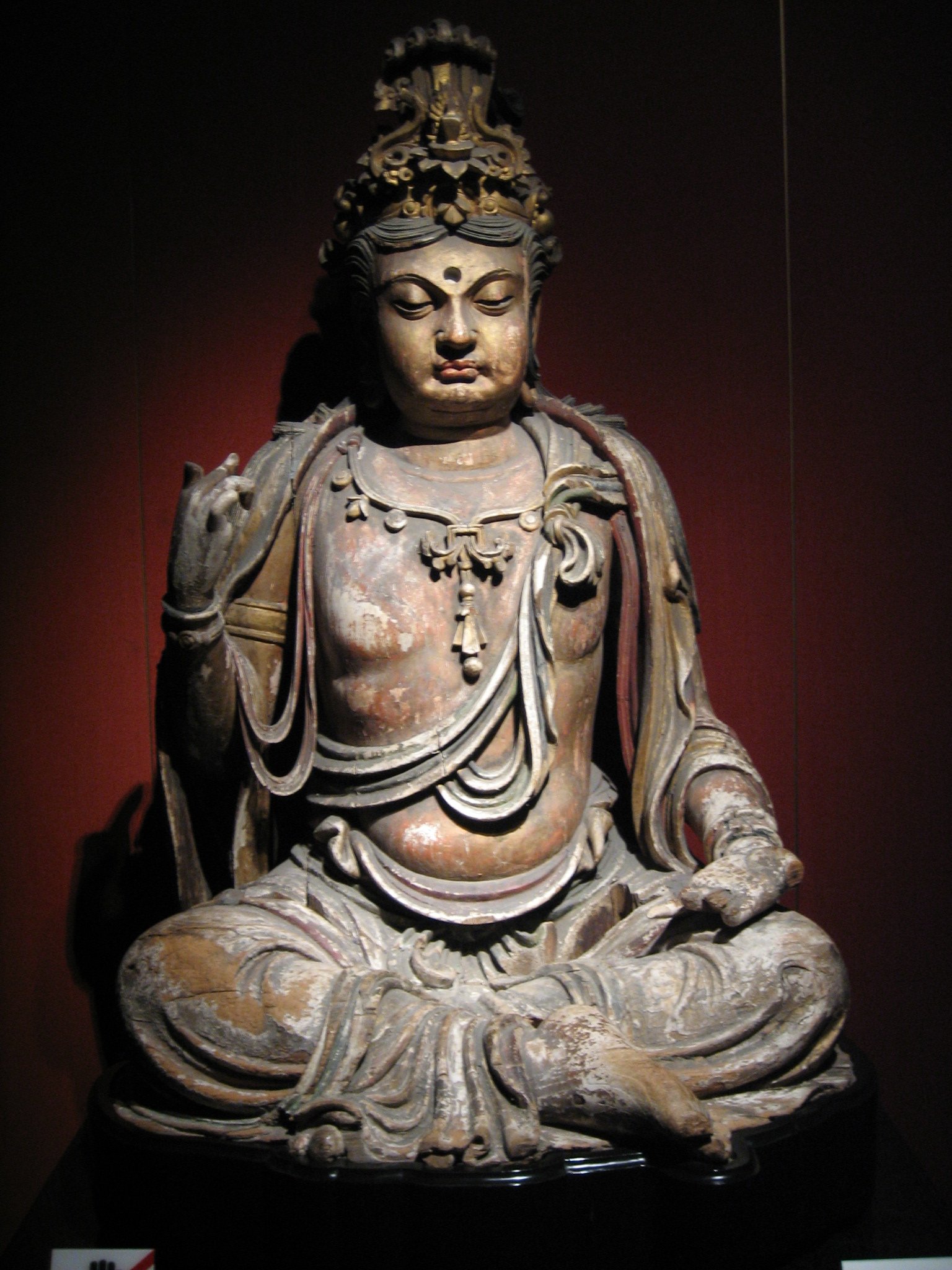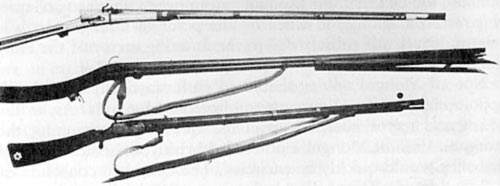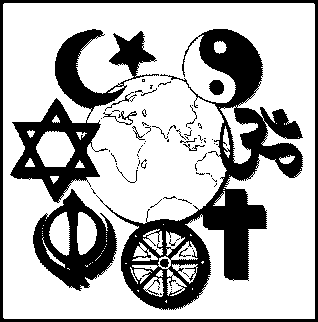
Our unit on the Americas has enlightened me as to just how complex and successful the Inca, Aztec, and Mayan civilizations were. From the roads of the Inca, which rivaled those of Rome, to the advanced calendars and mathematics of the Maya and Aztects. It is a wonder that they were so easily surpassed by the Europeans. It underlines once again the superiority of Guns. Germs, and Steel, which geography gave the Europeans.












